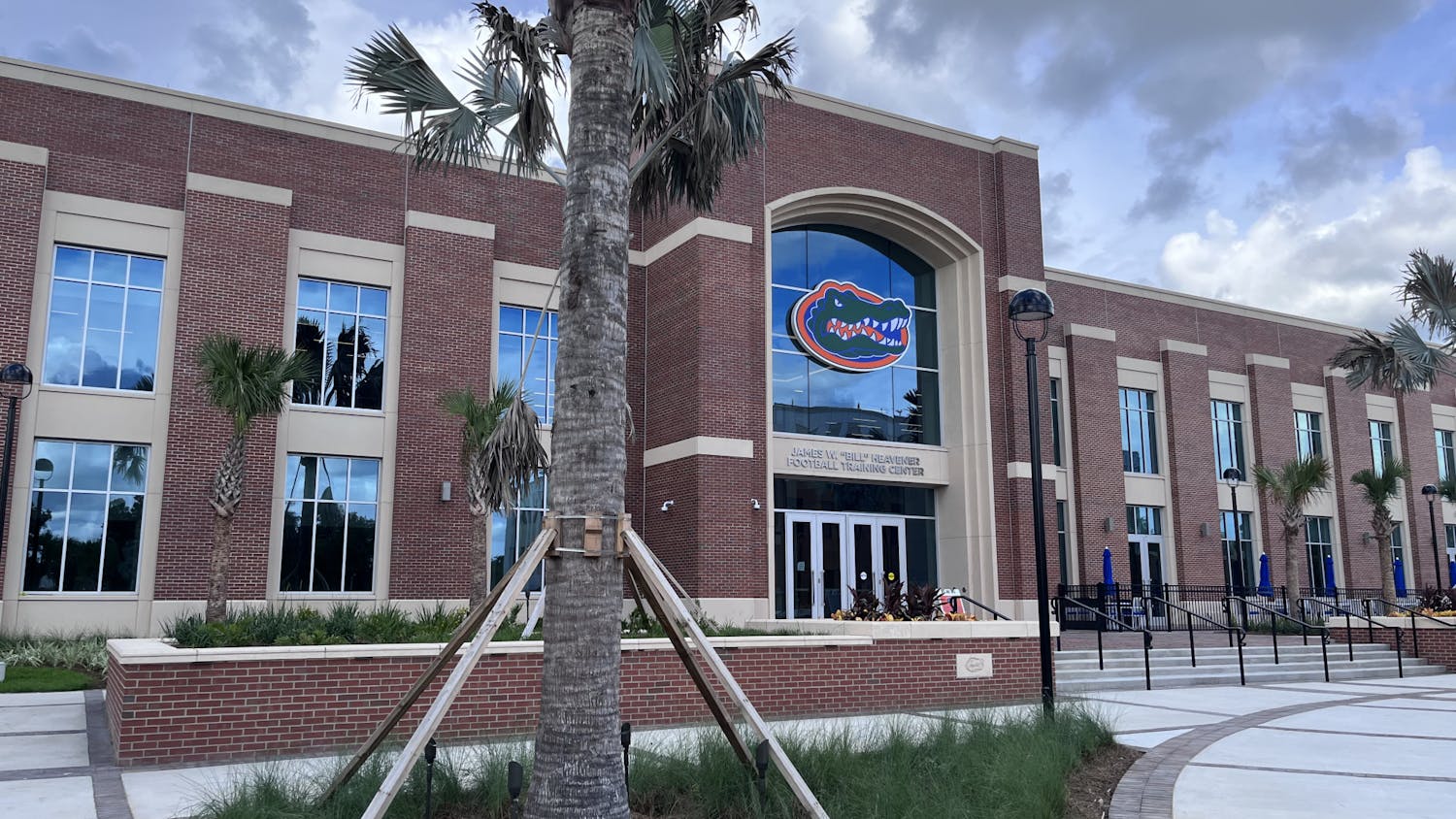It seems that these days, anyone who is anyone has decided to sit down and write a memoir.
Perfectly packaged, the neat autobiographies of today’s celebrities, YouTube stars and comedians have taken off in popular culture with hundreds of people gobbling up the written word of the people they find interesting, special and shiny.
It makes sense: The memoir has been disdained throughout history as unsettling at best and an attention-seeking act of desperation at worst.
Next to its other literary counterparts, the memoir seems like a shallow option. You could be accomplishing some grand creative feat, but instead you’re writing about your childhood, right?
However scintillating it may be, the fact remains that, unfortunately, there are people in the world who had a childhood pretty similar to yours, especially if you’re a middle-to-upper-class, middle-aged white American — that’s just life.
This column isn’t meant to hate on memoirs. It’s fully understood it is and always has been enticing to read about the lives, experiences and hidden thoughts of another person. It’s a pseudo-diary, one the whole world can see. There is something simultaneously irresistible and repulsive about skimming over the pages of someone else’s life — bonus points if the secrets are especially juicy. Americans have been reading plenty of memoirs nowadays.
In 2009, author Ben Yagoda wrote a book called “Memoir: A History,” chronicling how and when people first decided to sit down and write about themselves (which dates very, very far back in time; we’re talking 371 A.D.)
Yagoda cited the Nielsen BookScan, which tracks 70 percent of U.S. book sales, as recording a 400-percent increase in sales of memoir-based books from 2004 to 2008. From there, the numbers have only gone up.
Yagoda’s book is a pleasant read in terms of how the memoir has evolved over time, but he’s not the only one to be so interested. Critics, authors and artists love to talk about memoirs, and they have done so for centuries with varying opinions. Should we hate them or love them? What intimate relation of human experience can be pulled from the pages? How can we connect to the writer?
As college students, we love reading about the lives of other people in an almost voyeuristic way. It’s a way to step into another life, usually a successful one that we admire or aspire to.
Speaking for myself, I eat up the comedic memoirs of people like Tina Fey and Mindy Kaling. When browsing bookshelves, my eye is piqued by the latest celebrity insight.
Even Kim Kardashian has an autobiography, because her life just isn’t quite publicized enough. Justin Bieber, Miley Cyrus and even “Duck Dynasty” star Phil Robertson all have memoirs. (Justin was only 16 when his book was released — a fact I am sure he isn’t embarrassed by at all.)
And therein lies the true issue with the popularity of the memoir: With semi-famous people sitting down to hash out a few chapters and slap their faces on the $25.99 hardcover title photo, the memoir becomes less of an exploration of humanity and more of a cheap publicity stunt to sell the image of a celebrity.
This is not remotely true with every celebrity memoir — I’ll be the first to say that Amy Poehler’s “Yes Please” is on my favorites list — but it is a sad side effect of the genre’s popularity.
I would like the memoirs I read or hear about to be those of people who have stories I haven’t heard before and contain experiences I can learn from — memoirs like “The Argonauts” by Maggie Nelson or “Hold Still” by Sally Mann.
The memoir, flawed or not, should be a creative process in its own right, not a careless step on the way to international stardom.
Sally Greider is an English and public relations junior. Her column usually appears on Wednesdays.





